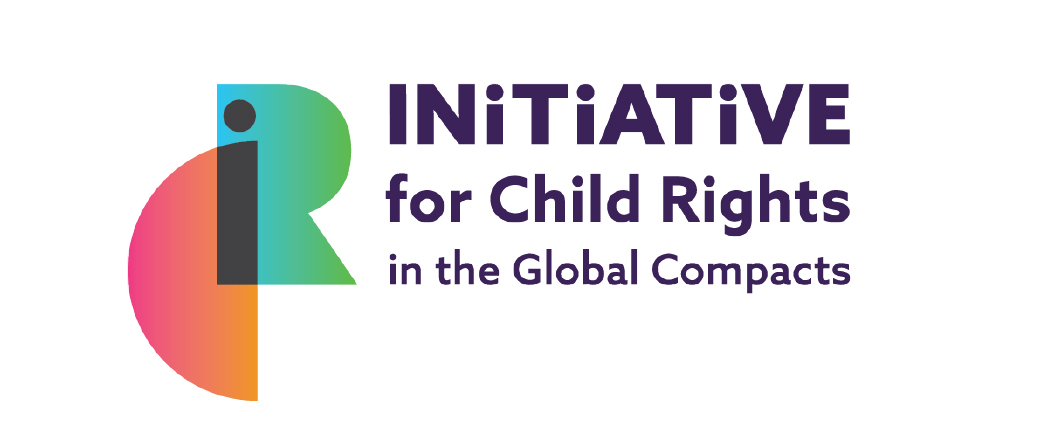our recommendations

NON-DISCRIMINATION
States should adopt and implement measures to ensure the social inclusion of refugee and migrant children, in particular with regards to their access to legal identity, nationality, education, health care, justice and language training. Measures that tackle xenophobia, racism and discrimination against migrant children are also needed to foster an open and non-discriminatory society. States should also repeal provisions that criminalize the provision of services to refugee and migrant children or that require service providers (public or private) to share personal data for immigration enforcement.

BEST INTERESTS
Laws, regulations, policies and procedures — at the local, regional and national levels — should explicitly state that the best interests of the child is a primary consideration in all actions and decisions concerning refugee and migrant children, whether they are accompanied or unaccompanied. Best interests determination and assessment procedures should include the participation of qualified guardians and advisors for unaccompanied or separated refugee and migrant children. States should also institute measures to consider and address the best interests of refugee and migrant children as they transition beyond the age of 18.

CHILD PROTECTION
States should ensure appropriate and integrated child protection services for all at-risk refugee and migrant children, including those who are unaccompanied and separated, from the time of their arrival. Child protection systems should be based on a legal framework, serve to assess children’s immediate needs, and protect them against violence, exploitation and neglect. Other primary obligations of child protection systems are to support family unity or reunification, where this is in the child’s best interests, and to provide safe referral to appropriate services, information, assistance and protection. Cross-border coordination between national child protection services is also needed to provide a continuum of protection through the migration cycle for refugee and migrant children.

ACCESS TO SERVICES
States should ensure migrant and refugee children’s access to a wide range of services, including those related to health and education, adequate accommodation, social protection and psychosocial needs. To ensure this access, states must address the obstacles that stand in the way of migrant and refugee children accessing services, which may entail adopting measures that end discrimination, give refugee and migrant children positive rights to particular services, and provide undocumented refugee and migrant children with appropriate documentation. Considering migrant and refugee children’s important developmental needs, they should be guaranteed development care and quality education on an equal footing to national children.

ENDING CHILD IMMIGRATION DETENTION
Child immigration detention is never in the best interests of the child, and states should work towards ending the immigration detention of children and other practices that result in children’s deprivation of liberty for immigration-related reasons. To do this, it is essential to implement alternatives to detention that respect the rights of the child and allow refugee and migrant children to remain with their families and/or guardians in non-custodial, community-based contexts while their immigration status is being resolved.

SUSTAINABLE SOLUTIONS
To ensure that sustainable solutions are in the best interests of the child, laws and policies should provide for the right of refugee and migrant children to participate in any decisions concerning them. Sustainable solutions should include residence and integration, and any returns must be both assisted and voluntary. States should also agree and put in place an internationally recognized procedure to monitor the returns of children and their reintegration in countries of origin. All bilateral or multilateral agreements concerning unaccompanied or separated children should promote a continuum of care for these children and facilitate inter-country case management.
